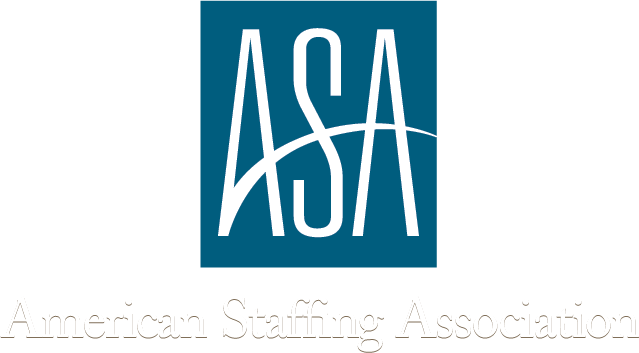When candidates read a job description, they aren’t just looking to learn about the duties and requirements; they are also searching for red flags. Specific statements or features in a job description are often interpreted as indicative of a toxic workplace. As a result, if they’re present in your vacancy announcements, there’s a good chance you’re missing out on exceptional candidates.
Fortunately, by understanding what various statements mean when a job seeker reads them, it’s easier to update your job description to make it seem more attractive. If you’re worried that your job description sounds toxic,
Here are Facets of Job Ads That Look Like Red Flags to Candidates:
Excessively Long Lists of Requirements or Duties
When the lists outlining the ideal candidate or the duties associated with a job are excessively long, it costs a company, applicants. While job seekers need to know what the role entails, outlining every single task is overwhelming. It can also make it seem like they’ll be responsible for more work than one employee can reasonably handle, particularly if the duties aren’t connected to the same core functional area.
Lengthy requirements lists are also damaging when you need to attract top talent. Candidates may assume that they won’t qualify – even if they can reasonably do the job – unless they bring everything requested to the table. As a result, they’ll screen themselves out before they even apply.
Vague or Limited Information About Job Duties
While you don’t want excessively long lists of job duties, being overly vague doesn’t work in a company’s favor, either. Candidates need to understand what function they’ll play in the workplace and how they’ll spend their time if hired. If either of those isn’t clear, top performers won’t apply.
Similarly, saying a new hire needs to “wear many hats” or listing “other duties as assigned” in a job description will give many candidates pause. Those statements indicate that they may be asked to take on responsibilities far outside of the core function of their role or might be subject to an excessive workload.
Language That Focuses on Urgency or Speed
When workplaces describe their environments as “fast-paced” or “high-capacity,” candidates assume that means the job is high-stress. Asking for a candidate that “works well under pressure” or has well-developed “stress management skills” comes across similarly.
In some cases, candidates may even worry that those statements mean that the job comes with unreasonable expectations that hinder any degree of work-life balance. They may also assume that managers will be forceful or aggressive based on the tone created by those phrases in the job description. As a result, it leads them to guess that the workplace has a toxic culture.
Want to Learn How to Attract the Right Candidates? Contact Us!
Ultimately, any of the issues above can make a job description sound toxic to candidates, so it’s best to update job ads to ensure those messages aren’t coming across. If you’d like to learn more about how to effectively attract candidates, Selectek can help. Contact us to connect with a member of our recruitment team and learn more about how our services can benefit your organization today.


